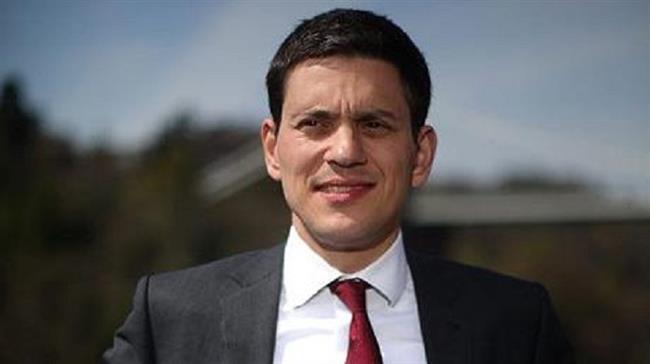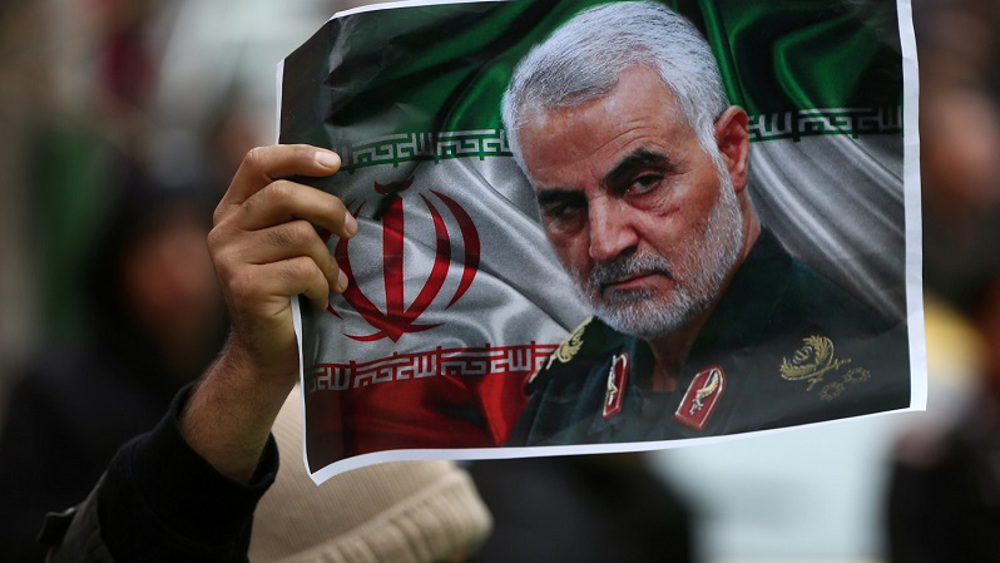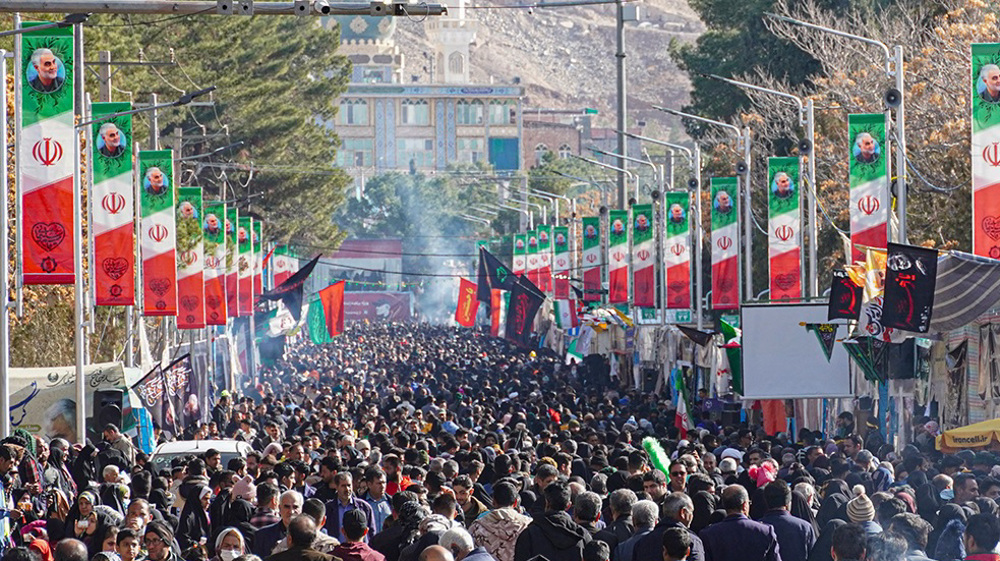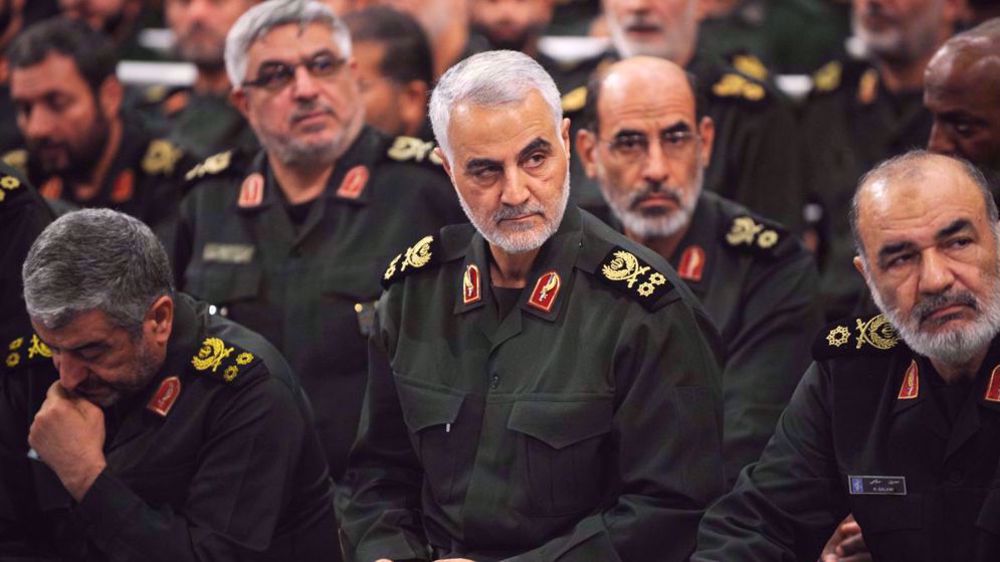Former foreign secretary denies Daily Telegraph story
Former British foreign secretary, David Miliband, has denied stopping an alleged plot to assassinate General Qassem Soleimani back in 2007.
Issuing his denial via Twitter, Miliband was reacting to a story on The Daily Telegraph (January 03) which claimed that the British Special Air Service (SAS) had General Soleimani in its “crosshairs” before Miliband called off the operation.
For the record the claim in the Daily Telegraph today about an assassination plot in 2007 does not tally with my recollection or that of senior people I worked with. I did and do strongly believe that diplomatic engagement with Iran is the only route to a stable Middle East.
— David Miliband (@DMiliband) January 4, 2020
The Daily Telegraph claims that the SAS were ready to “kill” General Soleimani after he was identified as the mastermind behind a campaign to target British troops in southern Iraq.
The SAS is the leading force in the British special operations community and as such it played a pivotal role in Britain’s occupation of southern Iraq from 2003 to 2008.
Miliband was foreign secretary from 2007 to 2010, which marked the tail end of Britain’s military occupation of the Iraqi south, notably the port city of Basra.
In a subsequent tweet, Miliband urges the British government to plan for the “worst kind of destabilization” in the Middle East, following the terrorist-style assassination of General Soleimani in Baghdad by US forces.
If I were in the British government today I would be extremely concerned about the danger to British lives —civilian and military— around the world. And I would be planning for the worst kind of regional destabilization in a Middle East already failing to cope with too many wars.
— David Miliband (@DMiliband) January 4, 2020
Miliband’s intervention follows repeated calls by the opposition Labour party on the government to clarify its stance on General Soleimani’s assassination at the hand of US forces.
In the latest development, Labour party leader, Jeremy Corbyn, has called for an urgent Privy Council meeting to discuss the ramifications of General Soleimani’s assassination.
The Privy Council is comprised of senior politicians and other advisers who consult the Sovereign (i.e. the Queen) on important matters of the state.
VIDEO | 85% of Yemeni displaced people face daily hunger crisis
US House passes bill targeting charities and pro-Palestine groups
VIDEO | Supporting Gaza genocide
Hezbollah attacks Israeli forces after Lebanese homes blown up
World leaders, states hail ICC arrest warrants for Netanyahu, Gallant
MP: US accountable for possible Israeli 'foolishness' to attack Iraq
VIDEO | Israeli policies strangle Palestinian agriculture, economy
Iran's president offers condolences to Pakistan over terrorist attack










 This makes it easy to access the Press TV website
This makes it easy to access the Press TV website